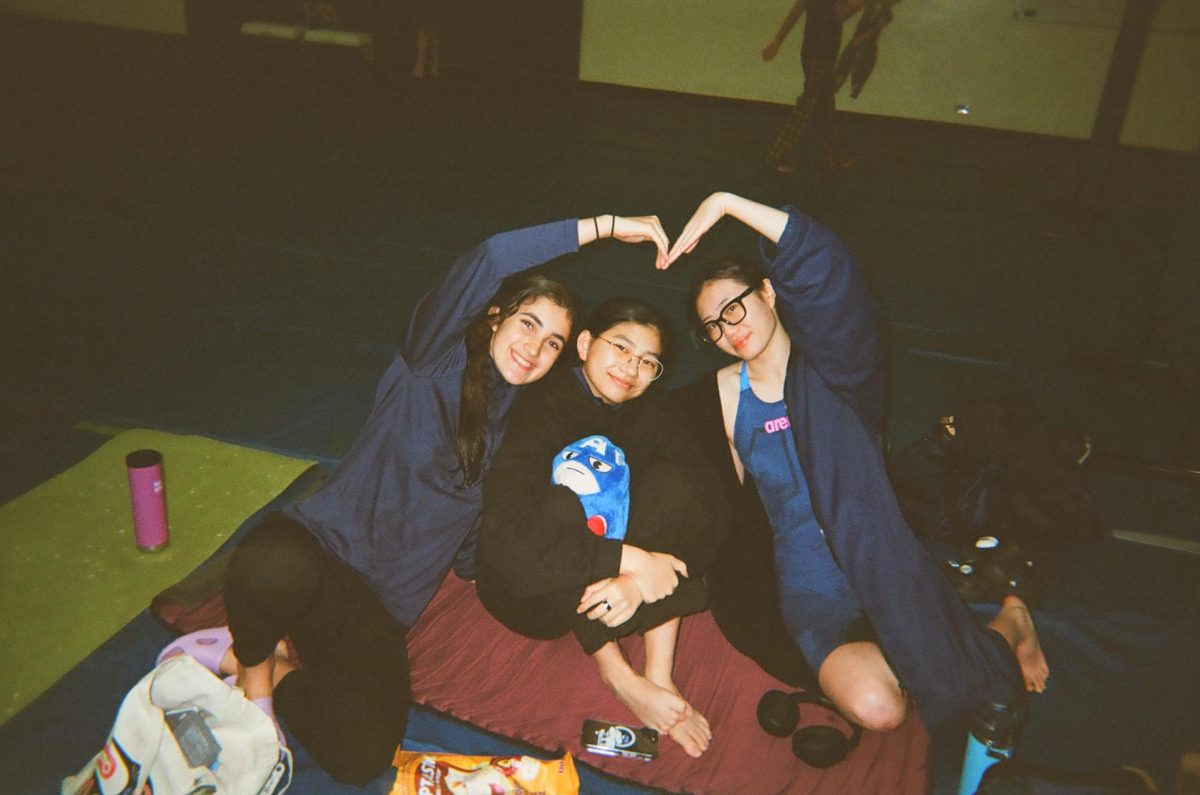At 1:18 AM on January 8th, senior Edward H. (12) received an alarming message from Mr. Jude Clapper of the science department. Titled “Intel!!!!!”, the email congratulated Edward on his being named a semifinalist of the prestigious Intel Science Talent Search competition, amassing a total of eighteen exclamation marks.
Winning a place as a semifinalist meant being part of a group of 300 selected from thousands for their outstanding research and potential in science. The semifinalists, along with their schools, receive cash prizes. From there, 40 finalists are selected and invited to Washington D.C. to attend a week-long science fair and compete for the top three prizes in three categories. The winners receive cash prizes from $35,000 to $150,000. The remaining 31 finalists would then receive $7500.
Of the two Intel science competitions, Edward participated in the Intel Science Talent Search, which focuses more on one’s approach to the research topic and foundation in science than the actual research data.
The application process, similar to a college application, involved submitting a research paper, responses to essay questions, teacher recommendations, and transcripts. Edward said the process was “pretty rushed”, as he did not have too much time to collect data and had to cut it down to finish his research paper in time.
For his research paper, Edward looked at “how brain cells form in a certain type of worm”. He noticed that some worms had different DNA from others, and thus had extra neurons. In doing so, he tried to characterize which genes caused the change and which genes had no effect by counting the fired neurons in the one millimeter long worms under a microscope.
“I’ve always been interested in neuroscience in general, and after I took a summer course in neurobiology, [I wanted to continue exploring the field],” Edward said. “Even when I was applying for internships, all those at the top of my list were at neuroscience labs.”
Though Edward didn’t place in the final 40 spots, his success on the national scientific platform has taught him many lessons. “I most definitely will pursue something science-related [in the future]. I guess my mind is just wired that way,” he laughed.
And regarding his unprecedented feat? “I didn’t even have any expectations at first–it just happened… I blanked out [when I first found out]. But I guess the most important thing for these kinds of [competitions] is to just take a shot at it.”
Our Breakthrough Intel Semifinalist
February 5, 2015
0
Tags:

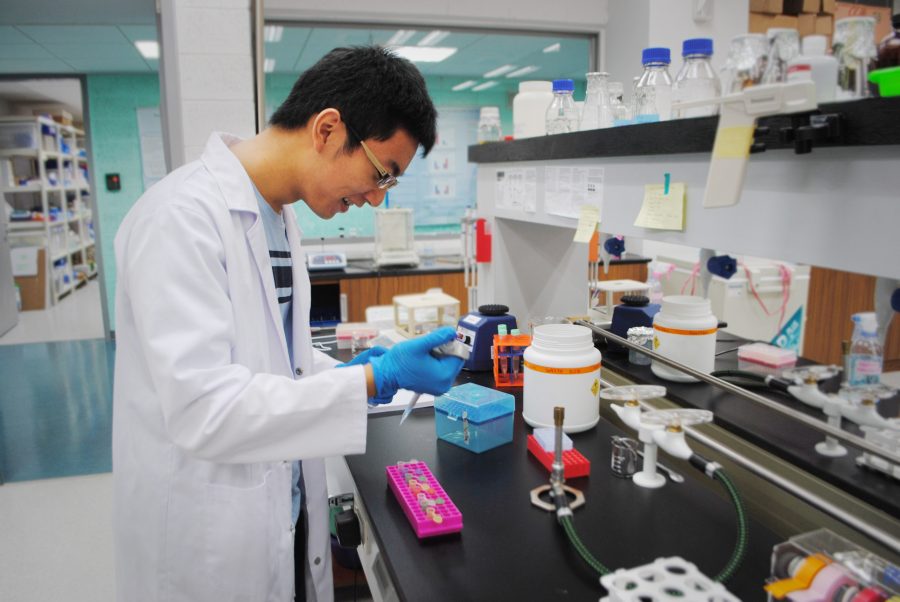
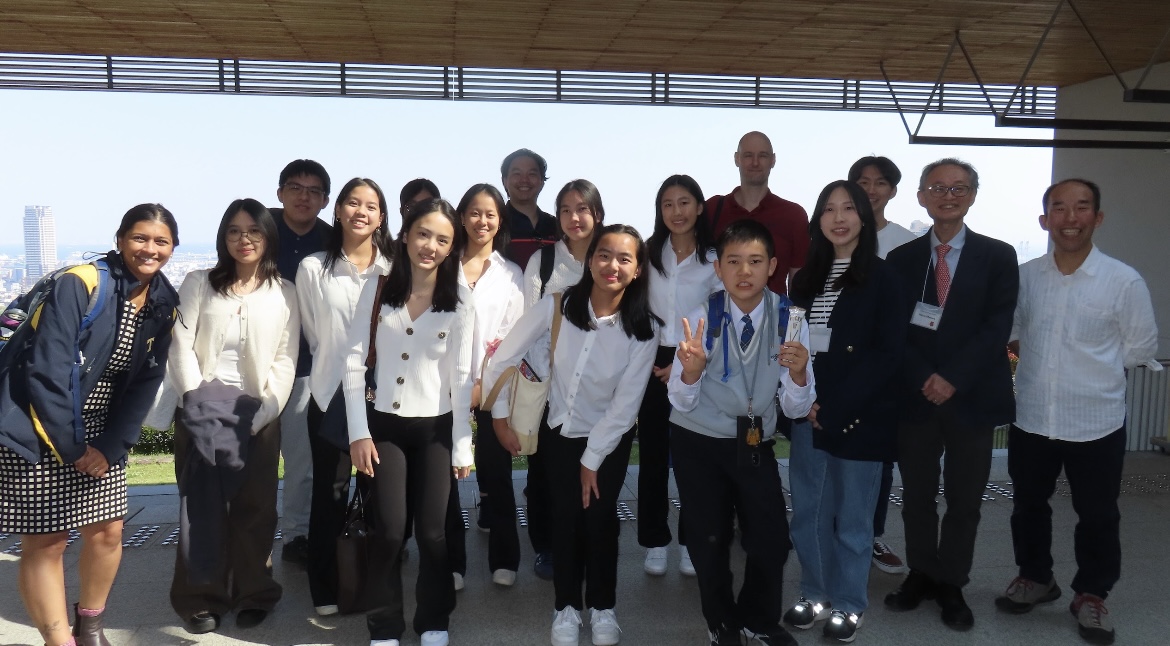
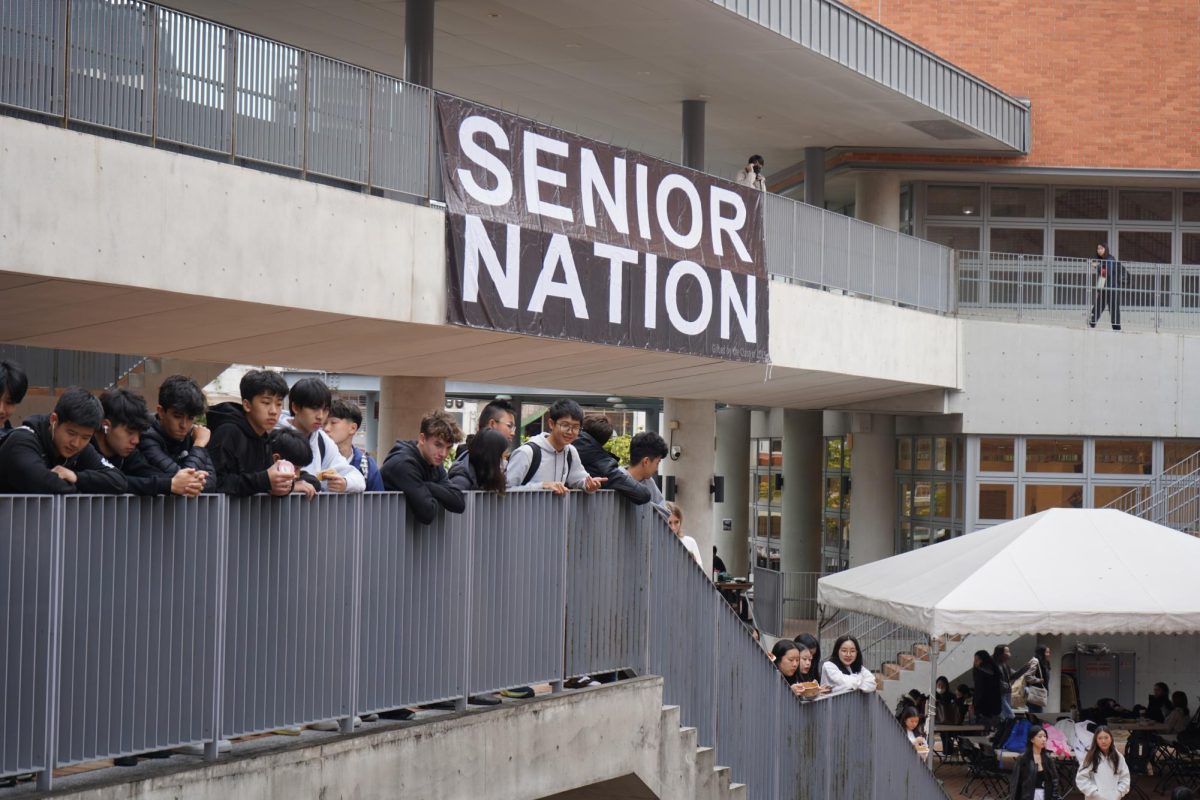
![[PHOTO COURTESY OF PIXABAY]](https://blueandgoldonline.org/wp-content/uploads/2025/03/white-18227_1280-1200x803.jpg)
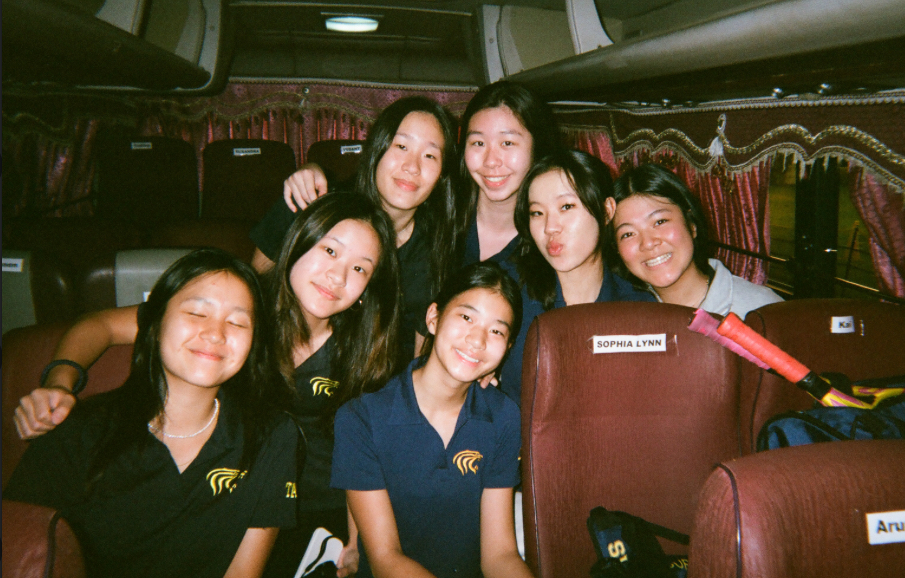
![[PHOTO COURTESY OF PIXABAY]](https://blueandgoldonline.org/wp-content/uploads/2025/03/fire-6706674_1280-1200x800.jpg)
